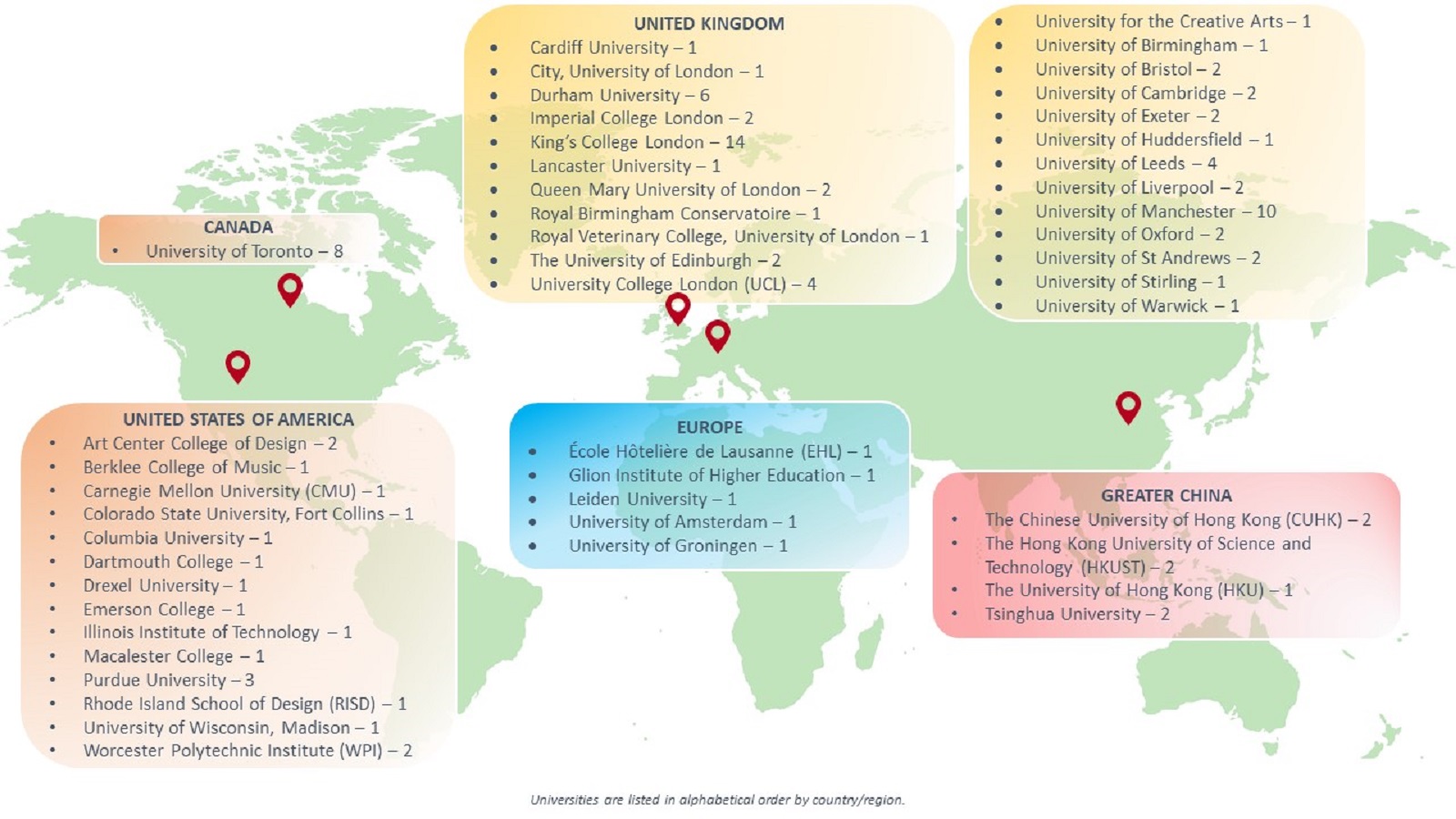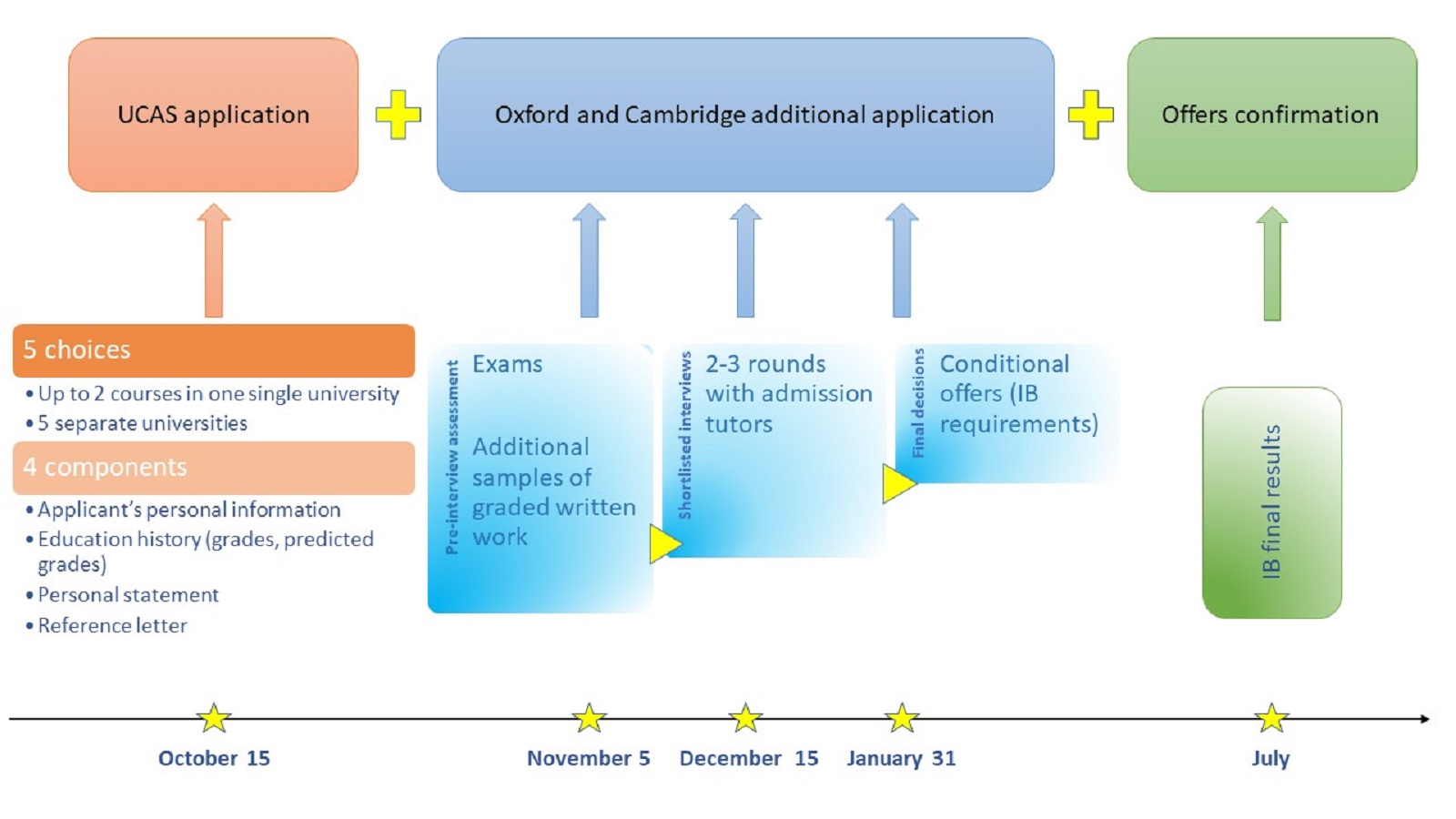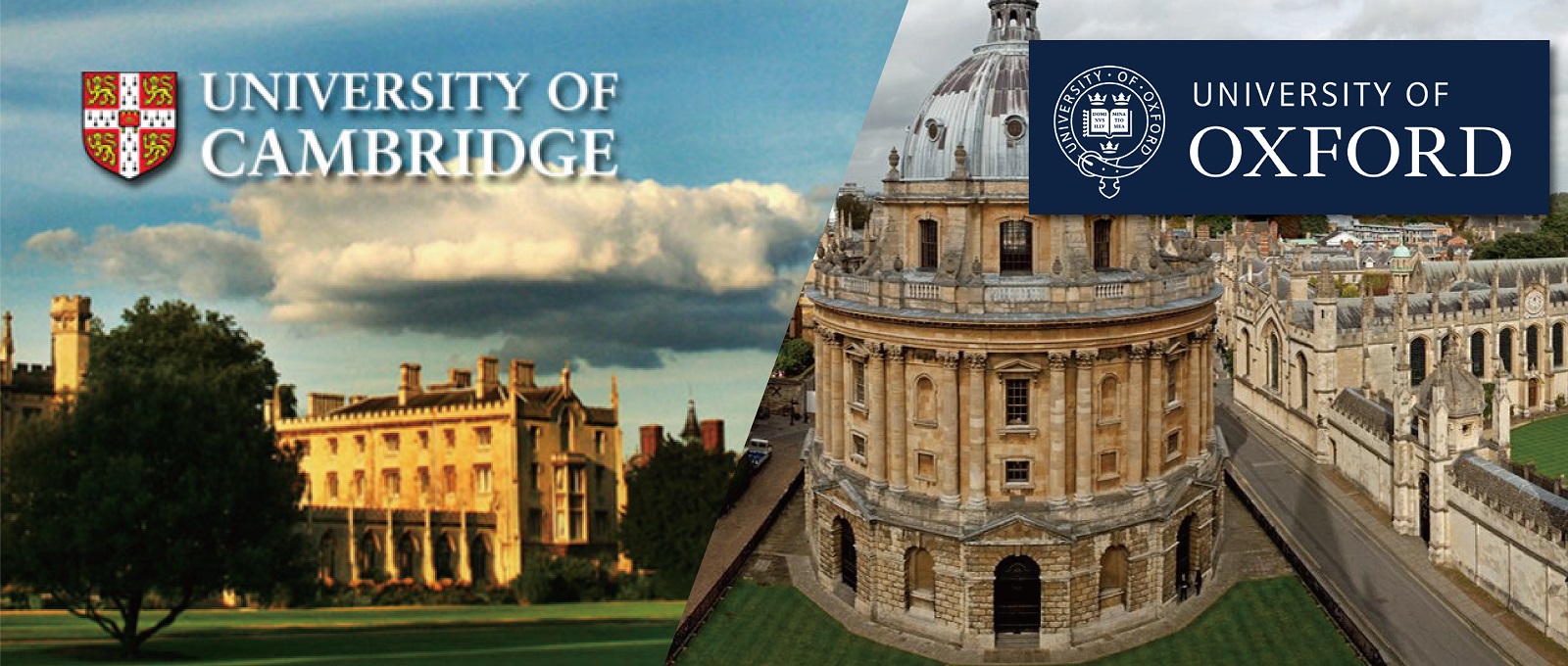Dulwich College Beijing celebrating more offers from USA and UK!
Author: Jeffrey Harmon - Director of University Counselling
As university decisions continue to be released around the world, Dulwich College Beijing has the pleasure to share additional university offers from the United States of America and the United Kingdom! To name but a few, we would like to highlight new offers from selective programmes such as Medical Biosciences at Imperial College London, Engineering at Purdue University, and continued offers in the visual and performing arts.
We are especially delighted that four of our students have received conditional offers at the University of Cambridge and the University of Oxford. We are also proud of all our students who were shortlisted for interviews, as an average of less than 1/3 of international applicants (non-UK, non-EU) are shortlisted.
These offers demonstrate the effort and excellent work our Class 2021 has dedicated to preparing their next learning milestone. Below is the list of all universities offers as of 03 February 2021. Decisions will continue to be released throughout the rest of the academic year.

This week, we would like to share some insight into the Cambridge and Oxford admissions process. But why such focus? Beyond offering an unrivalled academic and residential undergraduate experience, both these universities have a unique admissions process that distinguishes them from all other universities in the UK, and the world. Read below for more information.
Here is an overview of the 3-step admissions process for both Cambridge and Oxford:

Step 1: Applying with UCAS
Universities in the United Kingdom use a common application platform: UCAS (the Universities and Colleges Admissions Service). Therefore, all students applying to UK universities first submit a UCAS application.
This single platform allows students to submit up to five choices. A student can either apply to two separate courses of study at a single university, or more commonly, apply to five separate universities.
A completed application consists of only four components:
- personal information,
- education history,
- personal statement,
- reference letter.
Before the application is sent to universities, the University Counselling Team does a full review, including verifying grades and the reference letter.
The majority of UK universities will process and evaluate applications on a rolling basis. Once an application is submitted, it is added to the pile. Applications are sorted by course of study, and admissions tutors (usually, professors in that specific department) read applications and determine the admissions decision. Decisions can be processed as quickly as 24 hours, but applicants typically need to wait 3-12 weeks for a decision.
Step 2: Specific application to Cambridge and Oxford
While certain courses, such as Chemistry programmes at Imperial College London or Medicine programmes, may require additional interviews, the University of Cambridge and the University of Oxford require their applicants to follow an additional application system for all their courses. Cambridge and Oxford have set dates in their admissions process and do not release decisions on a rolling basis. Students are also not allowed to apply to both Cambridge and Oxford in the same admissions cycle.
Both Cambridge and Oxford have a different application process because of the intense nature of their undergraduate personal tuition system as well as their system of Colleges.

- During every year of their undergraduate study, students will benefit from both universities’ core teaching programme, named supervision at Cambridge and tutorial at Oxford. These are small-group sessions where students can explore a subject in depth with a dedicated professor: their Supervisor or Tutor. Meeting weekly with an accomplished academic expert in their field entitles students to develop in-depth knowledge through discussions and feedback, but requires a high degree of emotional maturity, intellectual acumen, and genuine curiosity that are evaluated during admission interviews.
- Furthermore, both Cambridge and Oxford are divided into Colleges (there are 29 at Cambridge and 33 at Oxford). Students not only live and dine at their College, but the College is a focal point for academic study and social events. Consequently, applications are sorted by College, and each College ultimately admits or denies the application.
Because of this highly intimate environment, both Oxford and Cambridge interview all shortlisted applicants before giving an offer of admission. Depending on the specific course of study and College, applicants may also sit a pre-interview assessment exam or submit graded written work.
Step 3: Final confirmation
As most UK offers are conditional, all Oxford and Cambridge offer holders have to confirm if they have met the conditions of the offer once the official IB results are released.





